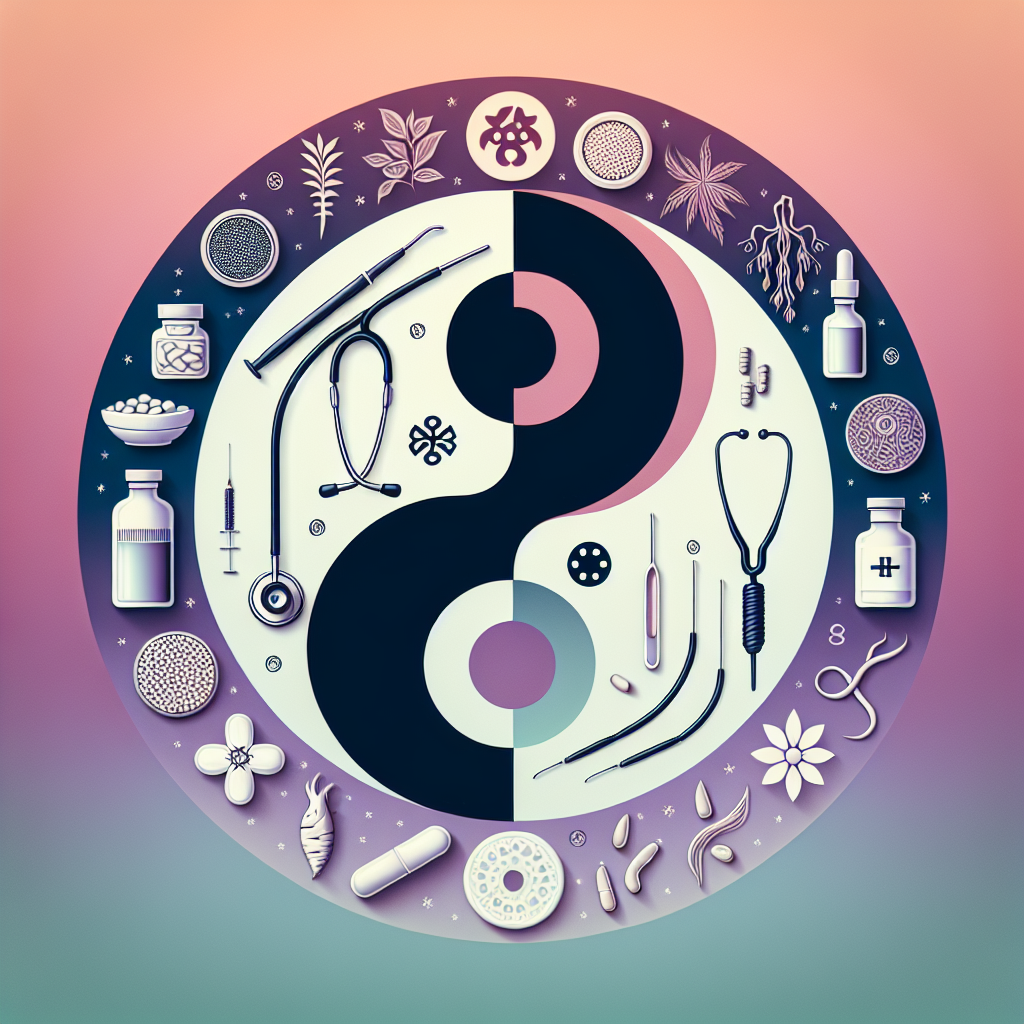Combating Urinary Tract Infections: A Holistic Approach Blending Western Medicine and Eastern Traditions
Urinary Tract Infections (UTIs) are as uncomfortable as they are common, affecting millions of people worldwide each year. Characterized by a burning sensation during urination, frequent urges to urinate, and sometimes even fever or lower back pain, UTIs can disrupt daily life and, if left untreated, lead to more severe complications. Traditionally, Western medicine has approached UTIs with a straightforward solution: antibiotics. However, the rise in antibiotic resistance and the increasing interest in holistic health have led many to explore the Eastern traditions of healing as a complement or alternative to conventional treatments. This article delves into the nuances of both approaches, aiming to unveil a comprehensive strategy for managing UTIs by blending the best of Western medicine and Eastern traditions.
Western Medicine: The Antibiotic Approach
Western medicine’s primary weapon against UTIs is antibiotics, which are highly effective in killing bacteria and providing quick relief from symptoms. The choice of antibiotic and the duration of treatment vary depending on the severity of the infection and the patient’s medical history. For recurrent UTIs, low-dose, long-term antibiotics may be prescribed as a preventative measure.
Despite their effectiveness, antibiotics come with drawbacks. Overuse can lead to antibiotic resistance, making bacteria more challenging to eliminate in the future. Additionally, antibiotics can disrupt the body’s natural microbiome, leading to side effects like yeast infections or gastrointestinal discomfort.
Eastern Traditions: A Holistic Perspective
Eastern traditions, including Traditional Chinese Medicine (TCM) and Ayurveda, offer a holistic approach to preventing and treating UTIs. Rather than focusing solely on eliminating the infection, these traditions aim to restore balance and strengthen the body’s natural defenses.
In TCM, UTIs are often attributed to damp heat in the bladder. Treatment might include herbal remedies, acupuncture, and dietary changes to clear heat and promote fluid balance. Popular herbs like Dandelion and Bearberry (Uva Ursi) are used for their diuretic and antibacterial properties, helping to flush out the urinary tract and reduce inflammation.
Ayurveda, on the other hand, views UTIs as a result of Pitta dosha imbalance, indicating excess fire or heat in the body. Cooling herbs such as Coriander, Cumin, and Fennel are commonly prescribed, along with lifestyle adjustments to bring balance to Pitta. Practices like yoga and meditation are also recommended to support overall well-being and reduce stress, which can be a contributing factor to UTIs.
Integrating Western and Eastern Approaches: A Comprehensive Strategy
The most effective strategy for combating UTIs may not lie in choosing between Western and Eastern approaches but in integrating the two. This holistic approach can maximize the strengths of each, offering both immediate relief and long-term prevention.
For acute infections, antibiotics can provide rapid symptom relief and prevent the spread of infection. Meanwhile, Eastern practices can enhance recovery and strengthen the urinary tract to resist future infections. After completing a course of antibiotics, adopting a balanced diet, incorporating specific herbs, and practicing stress-reduction techniques can help restore the body’s microbiome and improve overall urinary health.
Furthermore, preventive measures are crucial for those prone to recurrent UTIs. Staying well-hydrated, practicing good hygiene, and avoiding irritants like caffeine and alcohol can reduce the risk of infection. Eastern practices, such as dietary adjustments to avoid damp-heat inducing foods in TCM or balancing the Pitta dosha in Ayurveda, can further support urinary tract health and prevent infections.
The Importance of Personalization
It’s important to note that both Western and Eastern approaches require tailoring to the individual. Antibiotics should be prescribed based on the specific bacteria causing the infection, while herbal remedies and dietary changes should be adjusted according to one’s constitution and the underlying imbalances identified by a qualified practitioner.
Consulting with healthcare professionals from both traditions can offer a broader perspective on treatment options and help individuals find the most effective, personalized approach to managing UTIs.
Conclusion
UTIs present a complex challenge, but by marrying the rapid relief provided by Western medicine with the holistic, preventive focus of Eastern traditions, individuals can find more balanced and sustainable solutions to managing their health. This integrated approach not only addresses the immediate discomfort of UTIs but also works towards a future where such infections are less frequent and less severe. As awareness grows and more people seek to blend the best of both worlds, the outlook for those suffering from UTIs becomes increasingly optimistic.

